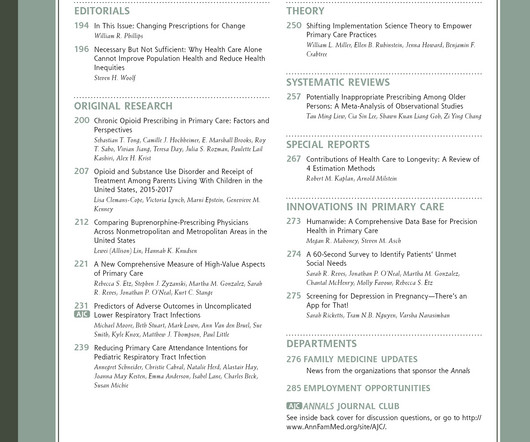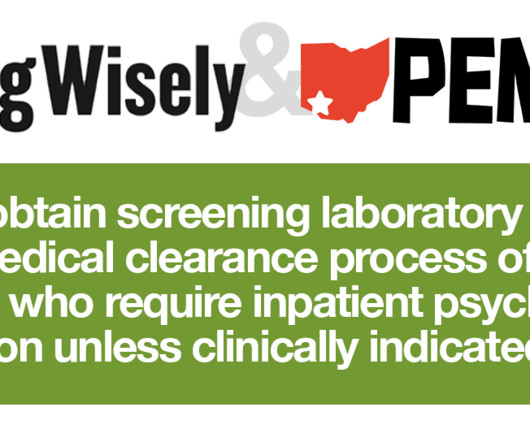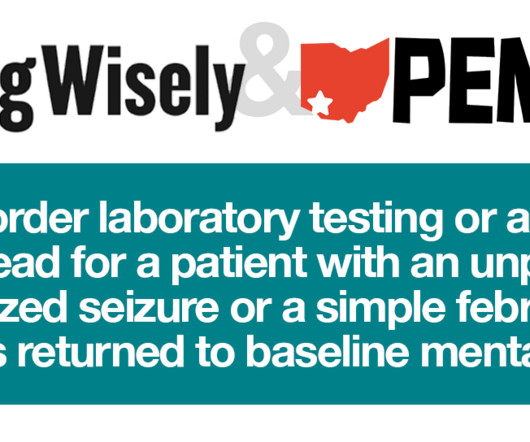Self-management support as an add-on to usual care for adults experiencing anxiety: A pragmatic randomized clinical trial [Behavioral, psychosocial, and mental illness]
Annals of Family Medicine
NOVEMBER 20, 2024
While SMS is well established for chronic physical conditions, evidence is lacking to support the implementation of structured SMS programs for common mental disorders, and particularly anxiety. Secondary outcome measures include self-reported instruments for quality of life, anxiety and depressive symptoms, recovery, and service utilization.




























Let's personalize your content